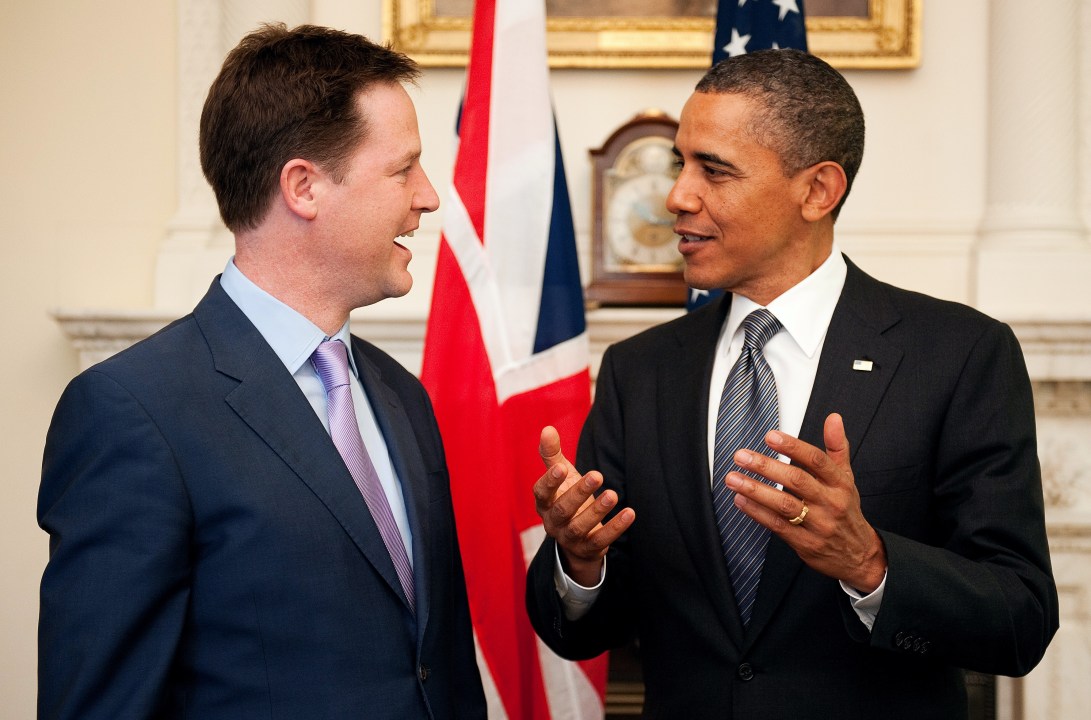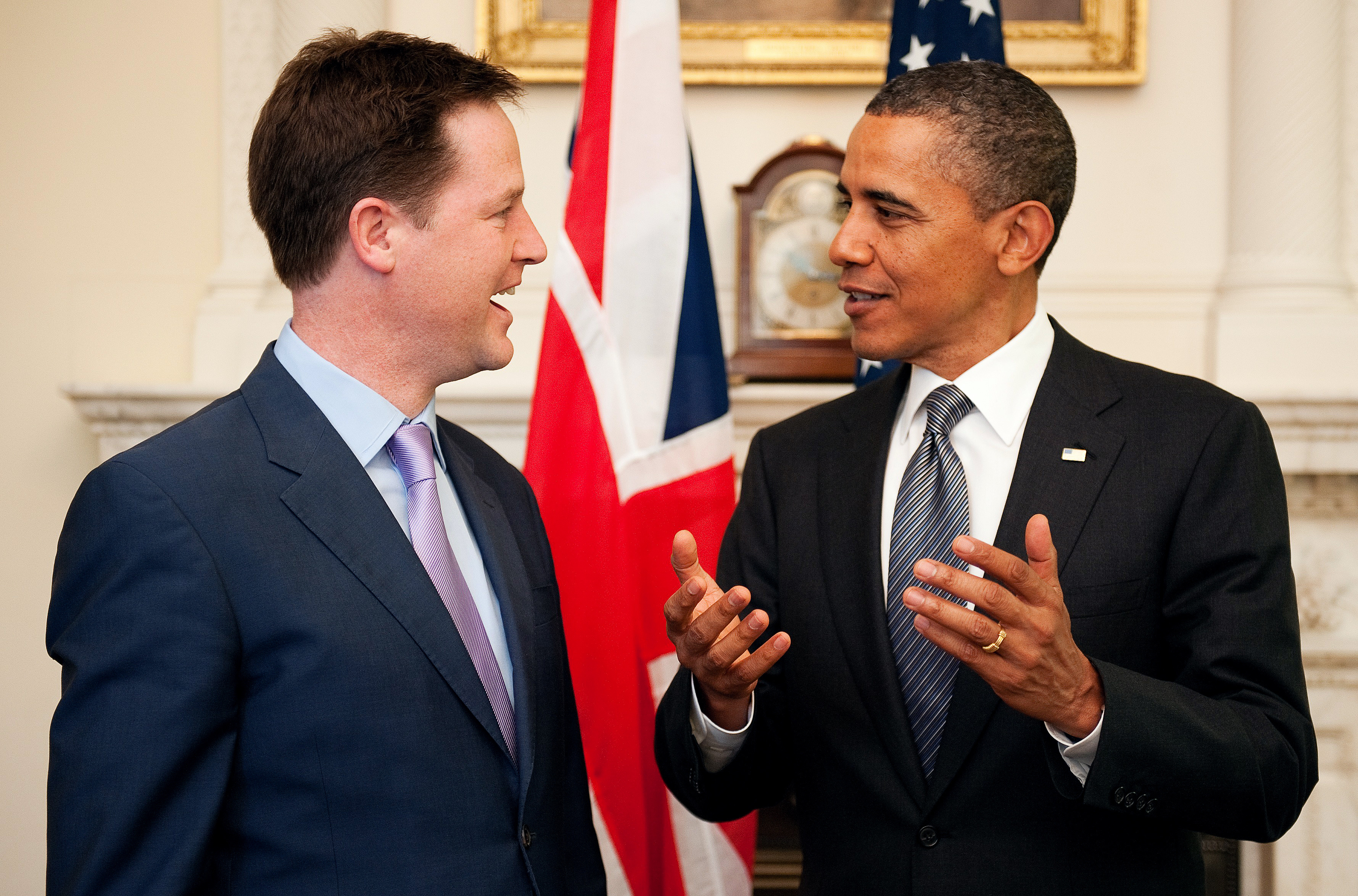 A decade has passed since the attacks of 9/11 and so much water has flown under the
proverbial bridge. Today, ordinary Americans don’t want to have a leadership role in the world, and Europeans aren’t too keen on it either. And having dithered over what to do about Guantanamo Bay,
most people in the US and Europe don’t trust President Obama’s counter-terrorist policies. Right?
A decade has passed since the attacks of 9/11 and so much water has flown under the
proverbial bridge. Today, ordinary Americans don’t want to have a leadership role in the world, and Europeans aren’t too keen on it either. And having dithered over what to do about Guantanamo Bay,
most people in the US and Europe don’t trust President Obama’s counter-terrorist policies. Right?
No, actually wrong. According to the tenth-annual public opinion survey of the general public in the United States, Turkey, and 12 European Union member states – the Transatlantic Trends – 54 per cent of respondents from European countries surveyed want the United States to show strong leadership in world affairs. That’s a switch from the Bush years. 72 per cent of those surveyed in the EU countries think favourably of the United States – another change from the mid-2000s.
The strongest support for a US leadership role came from Americans, with 85 per cent backing the country holding on to a superpower role. That is probably not very different than the way Americans have always felt, but its does seems at odds with the Obama administration’s policy – where the oxymoronic notion of “leadership from behind” is in vogue – but also with the views of the opposition Tea Party, where deficit-reduction, isolationism and point-scoring take precedence over articulating a strategic vision.
The survey also reveals that transatlantic approval for President Barack Obama in the fight against terrorism is high. 68 per cent of Americans and 73 per cent of respondents in EU countries surveyed approve of the way President Obama has been handling the fight against international terrorism. This is up from 2009, when less than half of Americans and two-third of Europeans backed Obama’s terrorist-chasing credentials. No doubt, the killing of Osama Bin Laden has played a part in boosting how Obama is viewed.







Comments